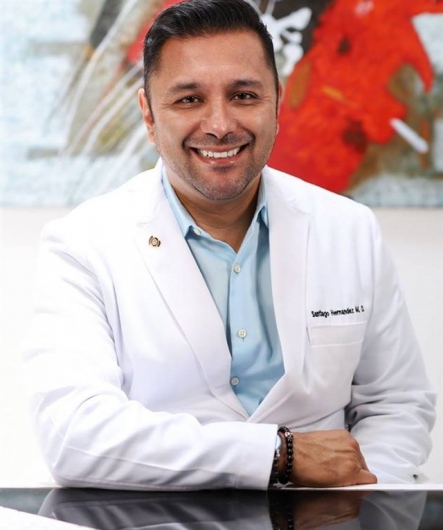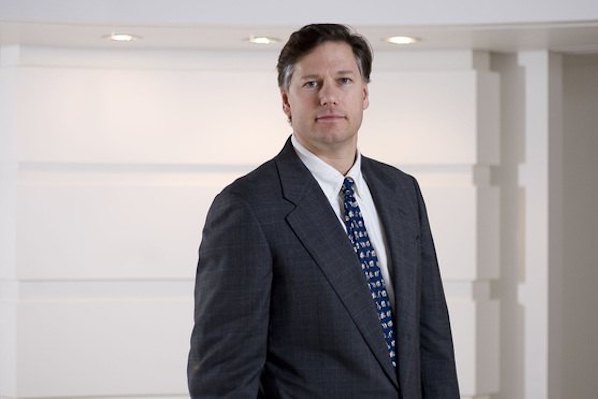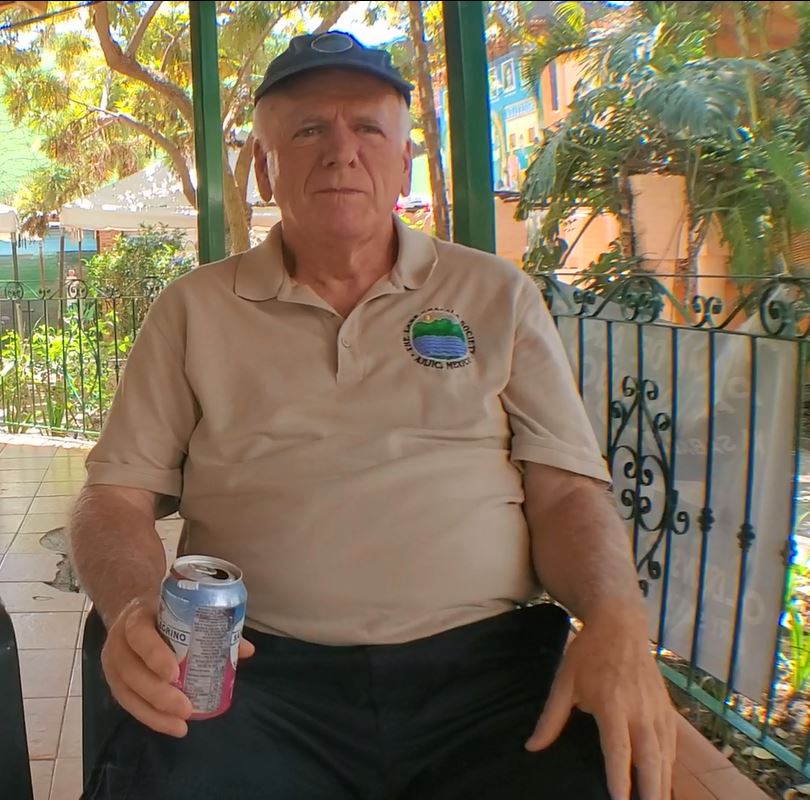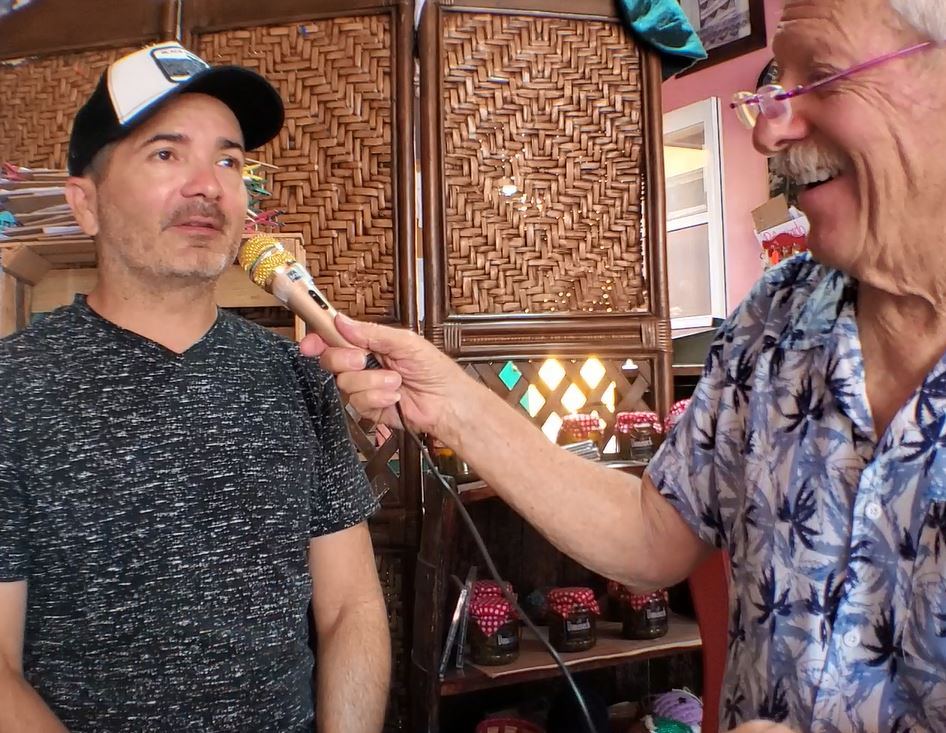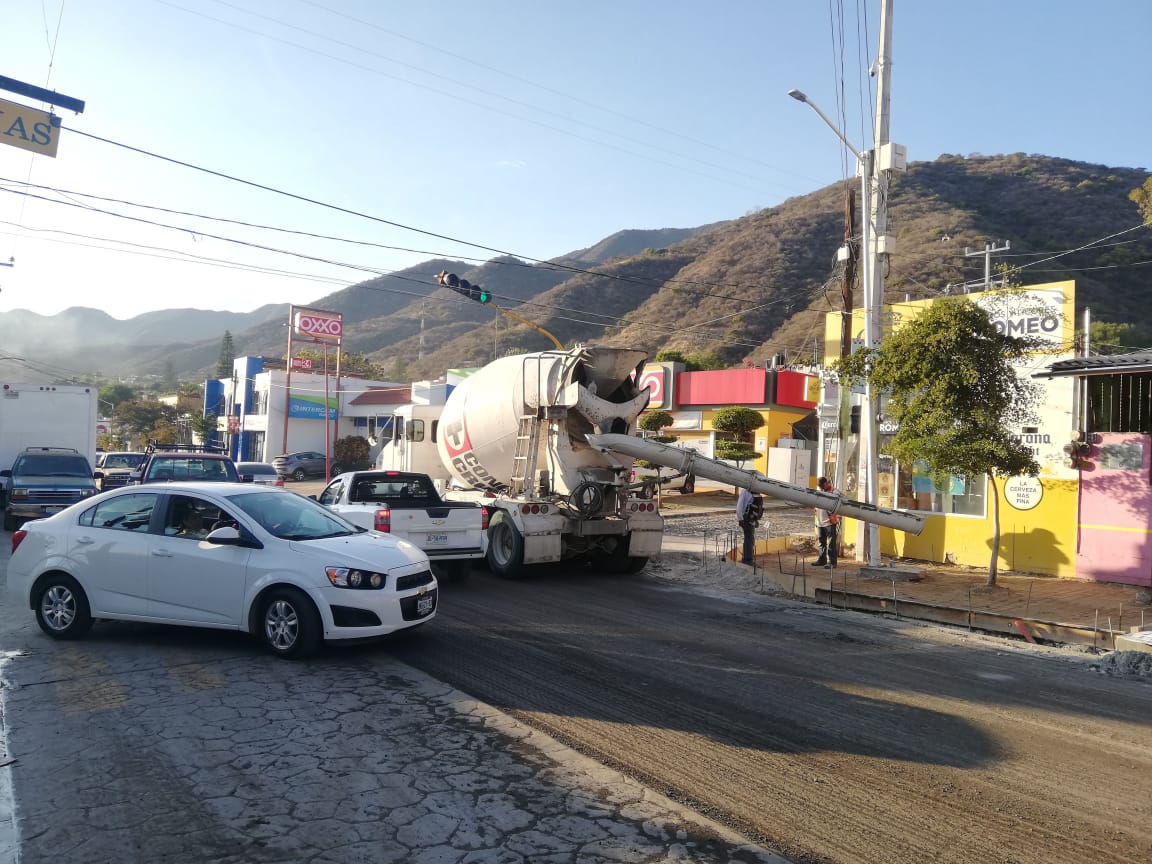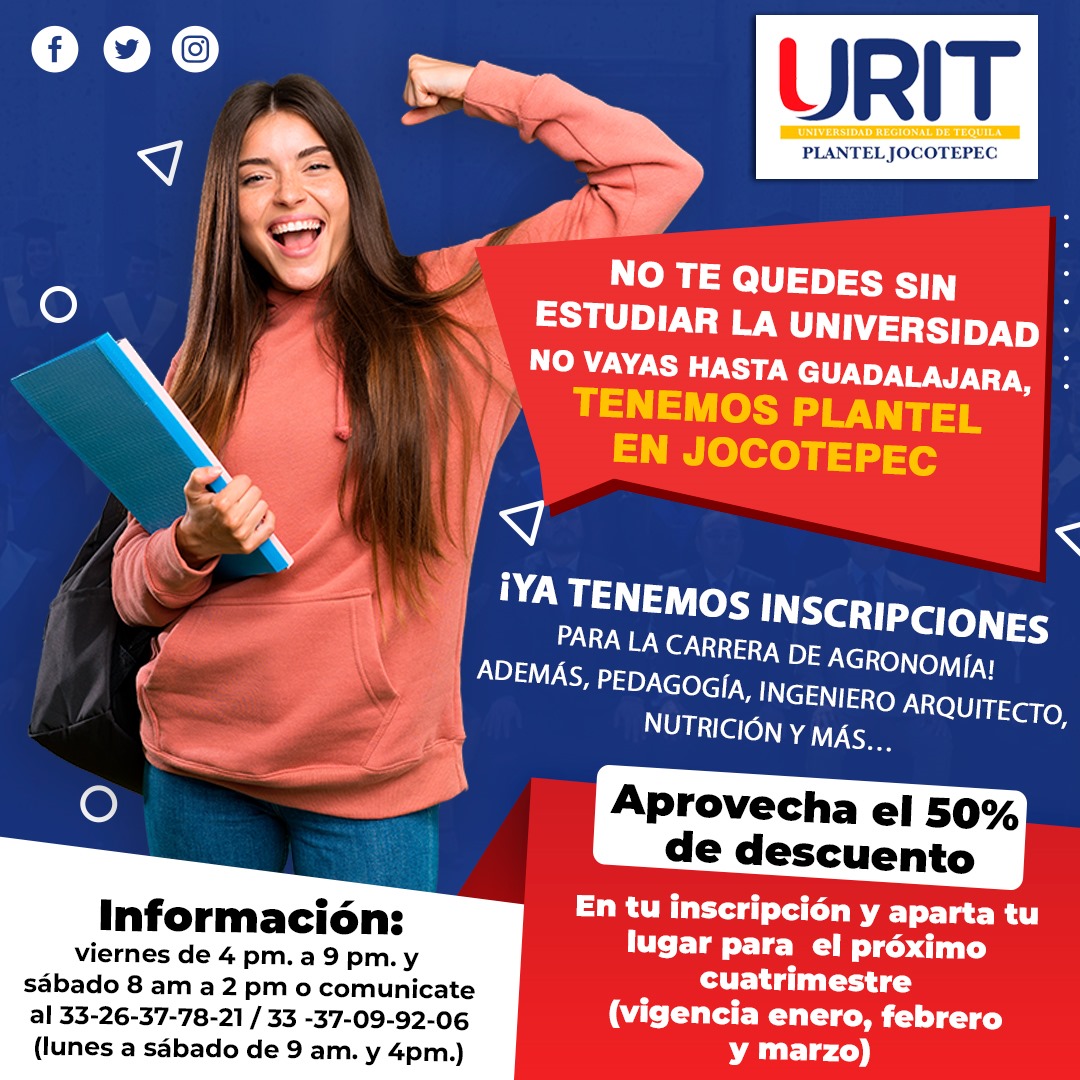expats
Gift certificates in Lakeside help small business.
Gift certificate.
Patrick O’Heffernan (Ajijic) Economic growth estimates have been lowered by both public and private economists who report that, depending the course of Coronavirus (CV-19) in Mexico, as many as 18 million jobs could be at risk. Hardest hit will be the informal sector – small businesses, entrepreneurs and micro/street vendors, according to a BBVA economic analysis.
These impacts are apparent now in Lakeside. A stroll through the quiet streets of Ajijic or San Juan Cosala or even Jocotepec and Chapala makes it obvious that small businesses are hurting.
Several local businesses are offering gift certificates to bring in immediate cash. One example, Casa Domenech restaurant in Ajijic, is closed but encourages clients to buy certificates through PayPal and sends them an electronic certificate they can print at home or show on their phones when the restaurant reopens. Others provide certificates at their location for cash.
Ajijic resident Michael Searles has announced a regional program, Apollo 2020, to enable any Lakeside business to sell gift certificates, with the Apollo Program handling the financial transfers and certificate delivery. The program is open to all small businesses in the Lake Chapala area.
“We hope all expats will help to support their favorite merchants during this difficult time and show them our appreciation for welcoming us into their community,” said Searles of the program
A gift certificate will be customized for each business; Siker Publicidad Y Diseño will produce the certificates at a reduced price. Businesses will number each gift certificate, add customer information, enter the denomination and sign it.
Roberto Serrano, owner of the Plazapato shoe stores, has set up a free delivery service of local youths working with strict virus preventative measures like masks and gloves to bring the certificates direct to the purchasers and collect payment.
Businesses can contact Roberto Serrano at WhatsApp 33 1428 (or via email at serravila9@gmail.com) or Michael Searles at 376-766-0826 (or via email at mbemsea@gmail.com) to participate in the program.
Lakeside springs into action to help families hard hit by Coronavirus; where to donate.
Masks made by volunteers for Operation Feed in San Jun Cosala.
Patrick O’Heffernan (Ajijic.) During the C-19 coronavirus many Lakeside organizations have come forward to help people who have lost jobs or income or who are sick. This list is by no means exhaustive and new efforts pop up every day, but it demonstrates the depth and breadth of generosity in the Lakeside area and offers opportunities to those who would like to help.
Operation Feed in San Juan Cosala, a town hit very hard by unemployment by the virus is providing food despensas for those who would go hungry without them. They are collecting food and medicine and money for needy families at http://www.operationfeedsjc.org/donate.html.
Super La Huerta market in west Ajijic collects food for needy Mexican families and assembles despensas of food, masks, and basic home supplies for families. Anyone who would like to help is invited to stop by with donations. The stores is at Carretera Pte. 248, 45920 Ajijic; phone number is 376 766 4590
The Recovery and Rehabilitation Center for Alcoholism and Drug Addiction in Chapala is going from door to door throughout Lakeside collecting food for patients in Chapala. People who don’t have sealed bags of rice or beans or other suitable foods can give cash.
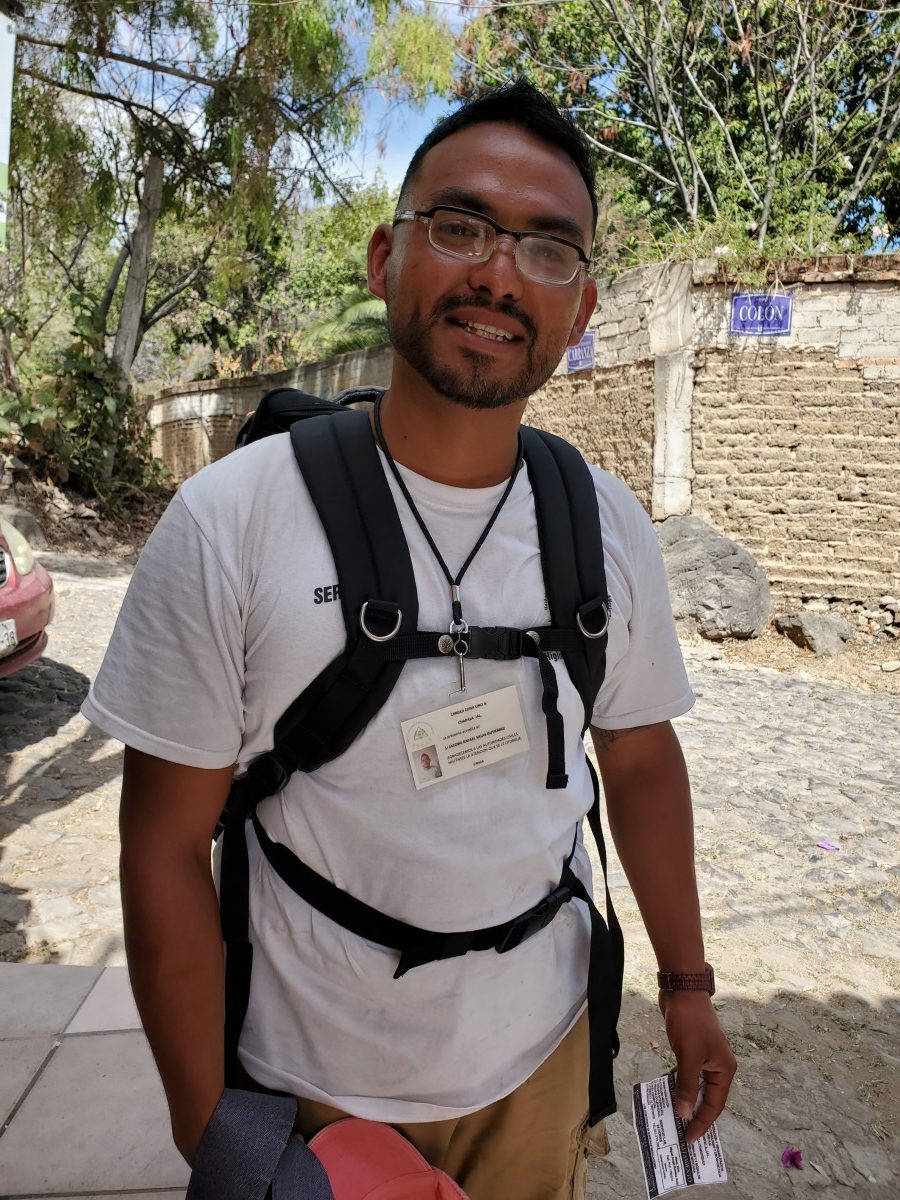
Volunteer from CREAD collecting food donations.
Casa Mayabela Test Kitchen is helping families with Smoke for Hope, a freshly-cooked food provision program that provides highly nutritious and delicious meals to families in need. Round 2 of Smoke and Hope was able to feed 9 families last week. Owner Karl Gerzand is now receiving donations from Mexico, Europe and the US and gearing up for Round 3. Donations can be made to CasaMayabela.com. Two hundred pesos feeds a family.

Dinners from Casa Mayabela Smoke for Hope program.
Programma de Niños Incapacitados, which helps disabled children and their families through its three clinics where families come for advice and reimbursement of medical costs. The organization is currently helping between 150 and 200 families, many of whom have children with compromised immune systems. They have not yet had to deal with families hit by the virus but know it is likely, and will develop an alternative process because they had to close their three clinic-offices. Instead, for the time being they gave families enough cash for 2 months. Due to the virus Niños cannot produce its annual gala fundraising event and must raise $ 500,000 pesos in a capital campaign to continue for many more months, especially if Coronavirus reaches families they help. People who want to donate to Niños Icapaciados can go to https://www.programaninos.com/
Foodbank Lakeside has been one of the most active organizations, working with Mexican and Ex-pat volunteers, other charities and small local stores to create weekly care packages for needy families. Last week they provided $71,588 worth of food for 210 families in Ajijic, San Antonio Tlayacapan, Santa Cruz and San Pedro. They are now working in San Nicolas and Mezcala and assembling teams for Chapala. They operate on donations which can be made to : https://paypal.me/pools/c/8o0ufezDh4. Follow them on Facebook for credit card donations and volunteer opportunities.

Despensa from Foodbank Lakeside
Facebook groups and individual accounts are coming alive with opportunities to help. An example is Noemi Beltran’s Facebook page which organizes Solidarity Care Packages to meet basic needs with toilet paper, dry goods, canned foods, vegetables and other items plus 200 pesos cash to families hit hard by the COVID-19. Each package costs about $1,000 pesos and can be a lifeline for a family in need. Donations can go to www.PayPal.me/NoemiBeltranLo; the food packages are delivered from the Abastos market in Guadalajara to the families door.
Finally Government officials in Chapala and Jocotepec are donating a part of their salaries to efforts to feed local families that would go hungry otherwise. They are working with local charities to purchase and distribute food, masks, and other necessities.

Advertising of Food Lake Container.
Ajijic Doctor joins bi-national webinar panel on Latinos.
Dr. Santiago Hernandez, M.D., Medical Director of Chapala Med.
Patrick O’Heffernan (Ajijic)- HispanicPro’s Webinar “What Latinos Need to Know About Coronavirus and their Health” was aired live on Wednesday from Chicago. Dr. Santiago Hernandez, M.D., Medical Director of Chapala Med and RMC Hospital was joined by Emergency Physician Dr. Pilar Ortega M.D., and Geraldine Luna, M.D., Assistant Professor of Medicine, University of Illinois Chicago. The Zoom webinar was attended by people in the US and Mexico by internet and telephone and was in English.
Dr. Ortega, who chairs the Medical Organization for Latino Advancement, explained that Latinos need to understand that Covid-19 infections grow exponentially every day: “Covid-19 is more contagious than any virus we have seen.” Dr. Luna echoed this, noting that models show a single person can infect 59,495 other people if they do not isolate themselves. “We need to flatten the curve and staying home reduces fatalities and flattens the curve,” she said.
Dr. Santiago noted that the infection numbers in Mexico were low, but possibly underreported. He understood that many in the Mexican community may not be taking the virus seriously and think it is like the H1N1 flu, which it is not.

Announcement of HispanicPro webinar with Ajijic physician Dr. Santiago Hernandez of Chapala Med.
“People in Mexico have big families and are very social; they have a hard time saying “no” to request for visits or family gatherings, “ Dr. Hernandez said, adding “ It is hard to isolate big families in Mexico – it is who we are. Unfortunately, our cultural norms that give us our identity may harm us.” He suggested that Mexican families say” no” to visits by explaining it is a way to protect the family.
The panel recommended frequent handwashing, noting that disinfectant gels are only 70% effective while thorough handwashing is 90% effective. The also refused to recommend any of the drugs now big promoted as cures saying that staying home is the best preventative. The panel also recommended wearing cloth masks when you leave the house, although they are not perfect and should not give us a false sense of confidence.
Dr. Santiago told the audience that this is a unique time in world history, “it will change our world and our mindset, he said, “I am grateful every day to be alive and not sweat the small stuff or the numbers and focus on the hopeful stories.”
US Ambassador reaches out to American citizens in a live stream Q&A
Photo: Cortesía.
Patrick O’Heffernan (Ajijic).- US Ambassador to Mexico Christopher Landau went on Facebook Live on March 31, at 3:30 p.m. to discuss the most recent Department of State travel advice for U.S. citizens in light of COVID-19 and to answer questions from US citizens currently in Mexico. He was joined by the Counsel General and other staff.
Ambassador Landau pointed out that the Embassy and the 9 US consulates in Mexico were operating with reduced staff and they were also in lock-down so some functions had been suspended and others would take longer than usual. The primary message from the Ambassador was for Americans who did not live permanently in Mexico or did not intend to stay indefinitely to go home, now.
“If you are a tourist in Mexico, it is time to go home,” he said, “the State Department has issued a Level 4 Travel Advisory for the whole world. Please return home unless you intend to stay in Mexico.” He continued, “If you are a resident in Mexico, think long and hard about your personal situation,” he advised, “ where your support network is located There is no right or wrong answer.”
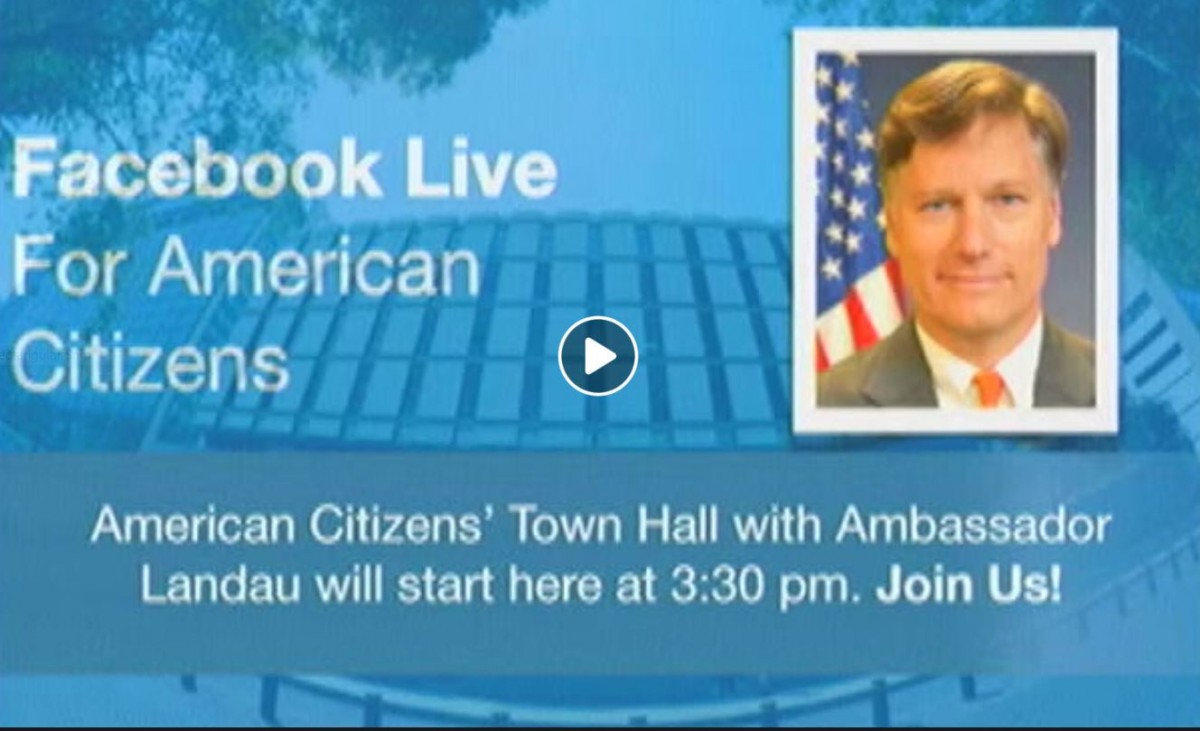
Amassadsor Landau on LIvestream, March 31.
He also told participants that Americans returning home should have no trouble getting through the border either by land or by air, unless they had symptoms, in which case they may be examined or quarantined. He could not predict whether or not Mexican authorities would allow Americans to enter Mexico. He noted that Medicare does not cover Americans in Mexico and that some insurance companies have added riders to their policies eliminating care or paid travel to the US for treatment in the case of Coronavirus. He urged Americans in Mexico to review their insurance policies and to enroll in the State Department’s STEP program at https://step.state.gov to receive information updates.
The live stream, which was interrupted to fix audio problems, was recorded and can be accessed at the Embassy’s Facebook Page at https://bit.ly/2Uy5Hc3. The embassy will respond to emailed questions at ACSMexicoCity@state.gov as time and staff allow.
Are Expats fleeing Lakeside because of Coronavirus? We talk with the Executive Director of Lake Chapala Society
Steve Balfour, Executive Director of the Lake Chapala Society.
Patrick O’Heffernan(Ajijic).- Have you noticed fewer people at Superlake, in your Spanish Class, or posting on some of the Lakeside and Ajijic Facebook groups? Many have noticed and are speculating that Expats are leaving Lakeside to get back to their families and homes in the US and Canada because of the Coronavirus. But there are no statistics of the number of Expats leaving, or even of the number of Expats in Lakeside (estimates run from 8,000 to 15,000 and it depends on the time of year). Steve Balfour, Executive Director of the Lake Chapala Society, Ajijic’s hub of Expat activity, had some thoughts about the response to Coronavirus and Expats in Lakeside.
“The first thing we have done is close or postpone all of our activities and events, such as the Blues Festival, Open Circle and others. We intend to resume them when it is appropriate to do so. In the meantime we are keeping the grounds open, but activities are closed,” he said. Balfour added that the staff are working to scrub down and disinfect the campus. He wants to keep the small staff of LCS employed, even if it is in cleaning and maintenance. The Café is not run by the LCS, but rents space and will make its own decision.

Takeout orders. Call: 33-22-30-15-69. We are located in San Antonio Tlayacapan.
When asked about Expats leaving, he responded that he understands from many of LCS’s Canadian members that “the Canadian government has put out a notice that Canadians who want continued access to their health care need to come home now». Since the US and Canada have agreed to a border closure with exceptions, many Canadian Expats feel they must leave now or not be able to return to Canada for some time. Balfour said that he has seen that a lot of Expats are leaving, but many are not, telling him that this is their home now.
“There are no right answers”, he said about the question of leaving or staying. “This is something totally new, a once in a lifetime experience, so there is no right answer – people have to make their choices for themselves.”
Balfour said there are currently a little over 2700 members of LCS, but that number is deceiving because people come in and out and some are permanent and some are temporary. “If you look at the memberships over 2019 –people who were a member for any length of time– it is closer to 4000,” he said. But he added there is no way to tell what percentage of the current membership or the 2019 membership has left Mexico.
“One of the challenges is that there are so many seasonal Expats who come in between November and April, increasing the population,” he said, “and a lot of these people would have left now anyway or just moved up their departure by a week or two». He added that before this week he did not see a slowdown in activities or ticket purchasing by LCS members, so if there was an exodus of members it did show up in participation.
He pointed out that most of the LCS income is from bus trips and activity fees, which are suspended, so LCS has to run on a very reduced budget and does not have staff or funds to do research or surveys. He added that this is a great time for people to make their annual contribution or renew their memberships to help with the reduced cash flow.
What will Coronavirus do to the vibrant music and restaurant scene in Lakeside? We ask Ray Domenech
Ray Domenech interview by Semanario Laguna’s Patrick O’Heffernan.
Patrick O’Heffernan. (Ajijic).- Restaurants and bars and music venues are closing down throughout Jalisco, including those in Lakeside. Early casualties included the Spotlight Club in San Antonio de Tlayacapan and the Lake Chapala Society’s Blues Festival, which has been postponed along with Chapala’s International Folklor Exhibition planned for April.
While experts say cases ware rising in Mexico, Mexico and Jalisco are far from “hotspots” compared to the US, but the danger is real and participation in the Lakeside music and dining scene started falling sharply last week. Ray Domenech’s Ray Velvet Productions brought the saxophone player Derek Brown to the Auditorio and, although the audience was good, 85 people called and cancelled because they were afraid to go to a public concert. Other venues report a softening of audiences overall and now many are closed.
To get a better understanding of the impact of the virus on Lakesides music and dining scene, we asked Domenech what he saw as the future of music and dining in Lakeside if the Coronavirus continues to rise in Mexico and especially Jalisco and Lakeside. Here is our interview edited for space:
Semanario Laguna: You promoted a concert last with saxophonist Derek Brown. Your audience was good, but you lost some people, What happened?
Ray Domenech: Yes, there were a lot of cancellations. People said they were uncomfortable, it is a big venue, coronavirus is going on. And I understood. But most paid for the tickets. My main concern was the artist-audience communication, and that was still good.
Semanario Laguna: Did you have other shows planned for the Auditorio, which was going to be open until July when remodeling started?
Ray Domenech: Yes. I was planning on doing another dance show at the end of April, and I had some other shows I wanted to do after that, but that won’t happen now.
Semanario Laguna: Have you talked with the owners of other venues and music restaurants to see if their business has been falling?
Ray Domenech: Yes, for sure it is down. There is a little fear surrounding the virus. Also there are a lot of Canadians who are going home because of health care – they have a different system. I have not talked with some of the big place’s like Adelita’s or El Barco but the Spotlight has closed down.
Semanario Laguna: Have you been talking to other restaurant owners? Is business down? Are there plans for changes.
Ray Domenech: Yes, business is down. There is a group of restaurant owners who are thinking of selling certificates that you can buy now and redeem after the virus. That could keep many of us going for two or three weeks. Some shifting to doing delivery or take-out.
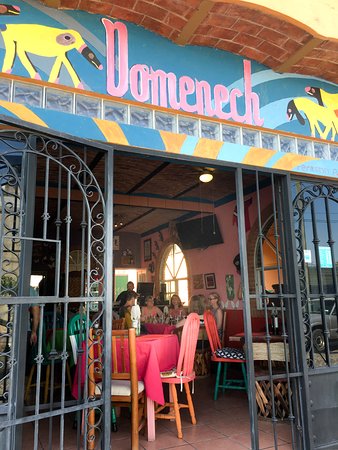
Semanario Laguna: What are your plans?
Ray Domenech: We are all looking for what is a good for our customers and good for security, My plan is reduce days we are open, do take-out, probably not delivery. The market will be more complicated. We might take out a few tables although we are very small, reduce music nights or just have friends come in and jam. We want to stay open as long as we can or the government tells us to close down.
Semanario Laguna: Hopefully, that won’t happen. There are very few cases in Mexico and very few in Jalisco. If the government does tell you to close, you mentioned other ways of getting music out, like online concerts.
Ray Domenech: We are planning on doing one concert a week and broadcasting it. I know many friends who are going back to the states and they can keep up with their favorite lakeside bands.
Semanario Laguna: You could create a new market.
Ray Domenech: Maybe in the long term, it would be a nice way to go. The musicians will get more attention. Derek Brown told me he was so very impressed with the quality of the music here in Ajijic and the band that he played with.
Semanario Laguna: Is there a possibility for two or three families and their favorite artist. They would provide social distance.
Ray Domenech: That would be wonderful. I have thought about that. We need to look at the numbers and the cost, but yes, I would like to do it.
Semanario Laguna: How would take-out work for you? Delivery?
Ray Domenech: Delivery is very difficult for us, but for people to order and pick it up here and even bring their own containers, it is a great option.
Domenech is launching the first online concert in a ‘Hoping for the Best Tour” Rezzonante Jazz Series Friday, March 20 at 6 pm on FacebookLive. Information at https://www.facebook.com/domenechrestaurant/)
Ex-pat debate on the Cyclopista Project
Ciclovía Ajijic.
Patrick O’Heffernan (Ajijic).- I am a cyclist, or at least I was until I moved to Ajijic last year. I was in bike clubs in Northern and Southern California and rode 25 – 40 miles every weekend. We were always on paved roads, sometimes in Point Reyes National Seashore or Mount Tamalpais State Park, and often along the LA beaches. Fun rides, although the hills were pretty rough.
But not as rough as cobblestones. So, when the cyclopista project started I thought: “Great, something I had wanted in LA for years. Hooray for Chapala for getting ahead of the curve”. I should have remembered my three things to take to Mexico – patience, flexibility, and a sense of humor.
Before buying a new bike, I decided to get a sense of what the bicycling community and the general Ex-pat community think about the cyclopista project with a survey of online posts and informal conversations. The results are decidedly mixed. Many say it has depressed business, others say it is making the Carretera more dangerous. People complained about narrowed lanes and that there are now no breakdown lanes heading West. What will we do in case of an emergency on the West-bound lanes of the Carretera? At least two drivers have shown us – the went over the new concrete barriers.
One post referred to the small businesses along Hidalgo in Chapala, quoting an owner who has lost 80% of her business to the project. The impact of the combined paving and cyclopista project on the hospital in Ajijic has also been mentioned – is it open for emergencies? Can ambulances even get to it, people asked?
In general, many Ex-pats praise the administration for undertaking a significant improvement for bike safety and an effort to reduce traffic, but they also blame it for beginning the project without proper planning, consultation with the communities affected, and without a plan to alleviate the danger and impact on business during construction. They also fault the administration for not supervising the project so that mistakes -like tearing out improperly positioned concrete and the current mysterious jackhammering of the already smooth surface of the cyclopista in La Floresta– routinely happen. People also grumbled that street lights are not going in as the barriers are installed so drivers have to drive in the dark.
So, a lot of people are unhappy. Is anyone happy?
Well yes. Cyclists in general feel that providing a smooth, protected lane will and is already giving riders a break from the bike-oblivious driving all around us, not to mention the cobblestones. Many in the bike community worry though, that without enforcement of laws protecting them, the cyclopista will be a marginal safety improvement or a disaster waiting to happen, as one rider put it, because cars routinely cut across it, buses use it to stop, motorbikes and ATVs treat it like a race track. Others point out that if the cyclopista is actually finished and the safety problems ironed out, it should increase bike use in Lakeside and hopefully reduce car traffic on the Carretera. Most posts are not optimistic that the project will be completed as planned and that there will be any bike safety enforcement.
However, at least one Ex-pat cyclist is very happy to see the cyclopista and posted, “Kudos to the organization &/or persons responsible for the significant bike safety upgrade along the Cyclopista from its start just east of the Hole-in-one/Sunshine Restaurant and …. towards the Libermiento.” The post goes on to say that maybe the cyclopista can interrupt the free-drive- zone of people trying to turn right on to the Libramiento with other cars coming and going from Walmart and the parking lot. That would be an accomplishment!
So, the Ex-pat and some of the Mexican community is frustrated by the cyclopista project, skeptical that it will be completed as planned and that laws protecting cyclists will be enforced, but happy there is some political willingness to reduce traffic and increase safety. Whether or not the cyclopista will accomplish these goals is certainly being debated.
© 2016. Todos los derechos reservados. Semanario de la Ribera de Chapala




